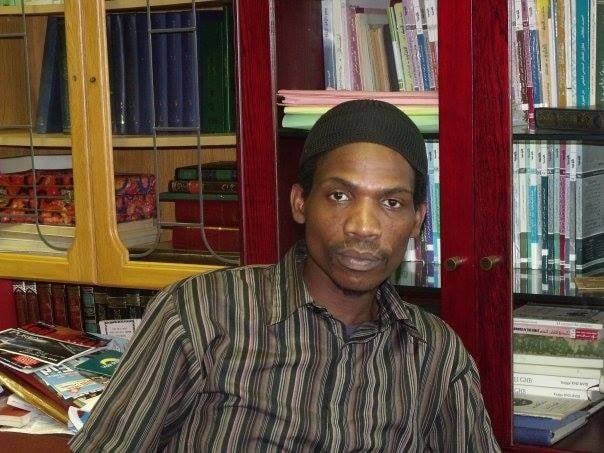
It is worth celebrating Women’s Month, even though this respect should be shown to women every day. Given that almost all spheres of life are patriarchal in nature, women should not be content with putting all the blame on men.
To liberate themselves, they have to be active participants in this struggle, as opposed to being willing participants in oppression.
Women played an active role in the struggle to achieve the current dispensation, and they need to continue to be self-assertive, self-reliant and challenge men’s sense of superiority over them. Black women have allowed themselves to be marginalised by the corporate sector and to be depicted in a stereotypical manner by the media, the arts and other agencies of socialisation.
The advocacy for the formulation and implementation of laws advancing gender equity should be accompanied by intensive resocialisation programmes in the form of awareness, educational and training initiatives on the politics of gender and the relations between the politics of race, class and gender. It is necessary for men and women to have a deeper grasp on how socioeconomic issues, racism and patriarchy work, and complement each other. Our understanding of gender politics should be grounded in the peculiarities and particularities of the historical and material conditions of our country, region and continent.
Furthermore, it is argued that some South African women have a PHD (Pull Her Down) syndrome. Many black women succumb to class consciousness and discriminate against each other according to social status, religio-cultural and other backgrounds. Many have bought into the myth of corporate beauty as a currency that values women, thereby designating what is probably half of the world’s population unworthy, unless they buy into the myth. They have made it easier for global industries and multinational corporations to exploit them by entrenching dependency on their beauty products. The cosmetics industry continues the colonial legacy, where both sexes seem to regard a fair skin to be superior and more beautiful than a darker one.
To those who claim to be using human hair: where are the original owners of the hair they are using? It could be called Dark ’n Lovely, Black Like Me or whatever – the end result is contrary to an African look and, dare I say, it perpetuates white supremacy. Few can deny that the diet industry has left many women around the world looking like skeletons, suffering from eating disorders, anorexia and even dying in some cases, while they try to look like someone they are not – destroying their bodies for vanity is never glamorous.
The porn industry is enormously pervasive and has become a pseudo-culture, as seen on reality television, in music videos and in magazines, including the internet.
It is an undeniable truth that sex and controversy have maximum appeal in our media and clothing industry. Even products such as penis enlargements are advertised using images of seductive nude women, despite the fact that the product being advertised is for men not women.
Many black women continue to allow themselves to be exploited. They have been brainwashed to think that their only valuable quality is “hotness” and sexuality, at the expense of qualities such as their intellectual capabilities.
There can be no gender equity as long as elitist black women perceive others, such as rural working-class black women, to be inferior, and as long as structural racism, inequitable socioeconomic relations and unequal power relations exist. This, of course, also applies to the unequal power relations with men and their patronising attitudes.
The reality is that socioeconomic and civil-liberty issues concern the rural working class more than the elite, although it is a reality that the former’s civil liberties are throttled the most. The fight against patriarchy, racism, sexism and socioeconomic injustice is interdependent, inter-related and inclusive.
• MP Khwezi ka Ceza is a Director of Urban Nomads Media, a media consultant, social activist and a member of Azapo




 Publications
Publications
 Partners
Partners








